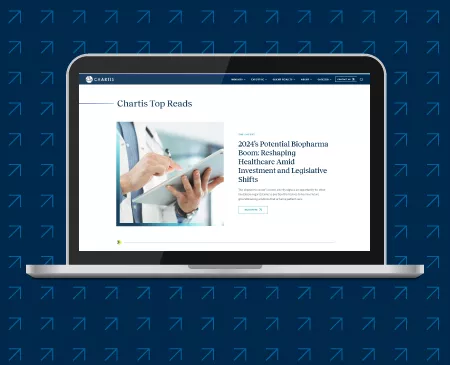The Client Challenge
Leaders of a provider-sponsored health plan (PSHP) knew they needed to improve payment integrity savings—the plan’s recovery rate was 1.25% of medical spend. However, 50% of the PSHP’s medical spend was through its parent health system, so improving savings without impacting its parent was a challenge. The PSHP needed a solution that supported system goals while meeting regulatory and compliance requirements.
PAYMENT INTEGRITY CHALLENGES FOR PSHPS:
- Traditional payment integrity solutions do not account for the interest of all stakeholders.
- PSHPs need to comply with regulatory and fiduciary responsibilities while minimizing financial and administrative burdens.
- Improper payments typically are caused by factors outside the PSHP’s control, requiring provider-friendly models to address root causes.
- Tech-enabled solutions that improve efficiency require significant investment.
Navigating to Next: The Solution
The PSHP partnered with Chartis to create a roadmap to savings. The work started with a detailed assessment across clinical, network, and operational areas. The roadmap prioritized coordination of benefits (COB) and was expected to increase savings by 1% to 3% of medical spend—while also benefiting the health system through increased reimbursement from other payers. This strategy ensured the appropriate payer was covering the required portion of care through proactive collaboration with providers to ensure accurate billing. By implementing a new COB solution, the PSHP and the provider would also reduce costs associated with post-payment recoveries.
The assessment identified other opportunities to improve savings related to preventable readmissions, increased review of high-dollar claims, and administrative efficiencies. Chartis partnered with the PSHP to develop a framework in which payment integrity efforts would drive positive financial impacts to both the health plan and its parent health system. The framework also outlined a longer-term roadmap that would achieve greater payment integrity savings.












